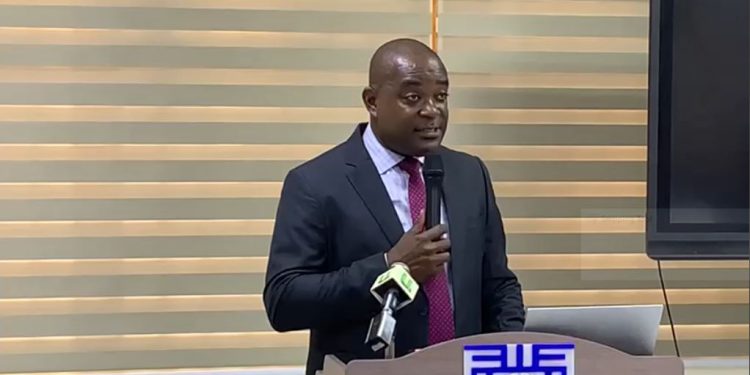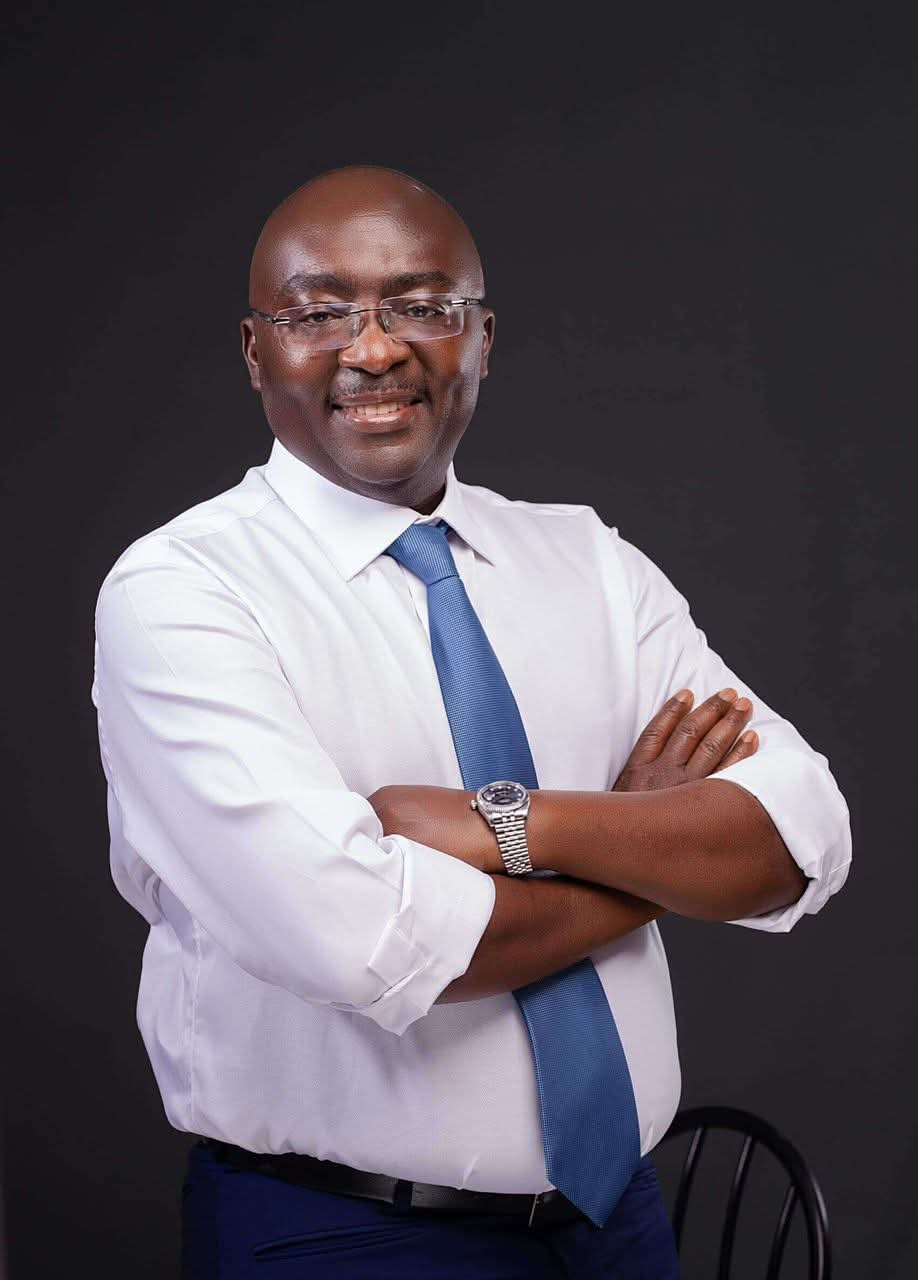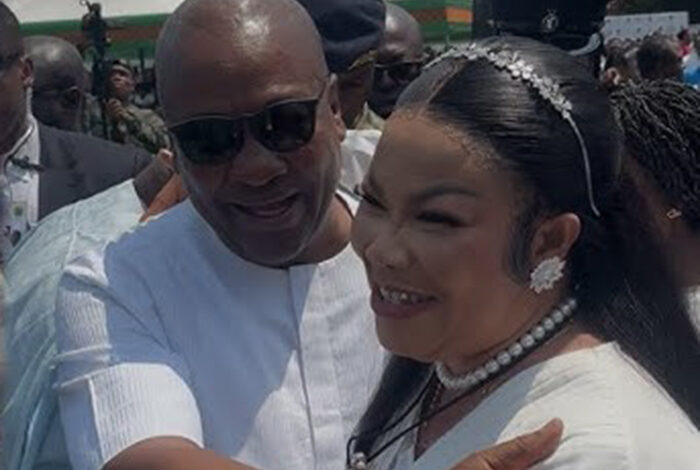President John Dramani Mahama has once again found himself at the center of controversy after flying out of Accra on a rented private jet for a week-long trip to Japan and Singapore. The aircraft, according to aviation sources, is costing the Ghanaian taxpayer a staggering US$15,000 per hour, sparking outrage across the political spectrum.
What makes the matter even more damning is that this luxury flight flatly contradicts repeated assurances given by Mahama’s government. Ahead of the 2024 elections, his current Finance Minister , Ato Forson had vouched that neither Mahama nor any NDC official would charter private jets, citing the need for fiscal discipline. Even more striking, North Tongu MP Samuel Okudzeto Ablakwa—who built his reputation attacking the Akufo-Addo government’s private jet rentals—publicly vowed he would resign if Mahama ever repeated the same act under his administration.
Yet today, Mahama is airborne on the very kind of aircraft he condemned, and Ablakwa remains in government, still enjoying the privileges of office. Critics have described the situation as the “height of hypocrisy,” accusing the ruling NDC of betraying the trust of the Ghanaian people.
A breakdown of the numbers paints an even bleaker picture for taxpayers. Private aviation experts estimate that the round trip from Accra to Tokyo, onward to Singapore, and back to Accra will require at least 70–80 hours of flight time. At a rate of US$15,000 per hour, the total bill could climb to between US$1.05 million and US$1.2 million—all to fund a single week-long presidential trip. With ground handling, crew accommodation, fuel surcharges, and airport fees added, the final cost could surpass US$1.5 million.
To put this into perspective:
US$1.5 million (≈ GHS 23 million) could purchase over 150,000 hospital bedsheets for regional hospitals.
It could fund the annual feeding cost of more than 20,000 SHS students under the Free SHS program.
It is enough to build at least 15 six-unit classroom blocks for deprived communities.
Or it could supply essential medicines to over 200 district health facilities nationwide.
This lavish trip comes at a sensitive moment: Ghana is still under the tight watch of the IMF, implementing painful austerity measures while ordinary citizens struggle with high taxes and cost of living. “How can the President justify burning millions of dollars on a luxury jet when hospitals lack basic drugs and schools struggle for chalk?” one opposition MP fumed.
While government communicators argue that the trip is meant to strengthen bilateral ties and attract investment, the optics could not be worse. To many Ghanaians, this is yet another example of leaders saying one thing in opposition and doing the exact opposite once in power.
For now, the unanswered questions remain: Why was the presidential jet deemed unfit? Who approved this expenditure? And will Ablakwa stand by his word and resign?


